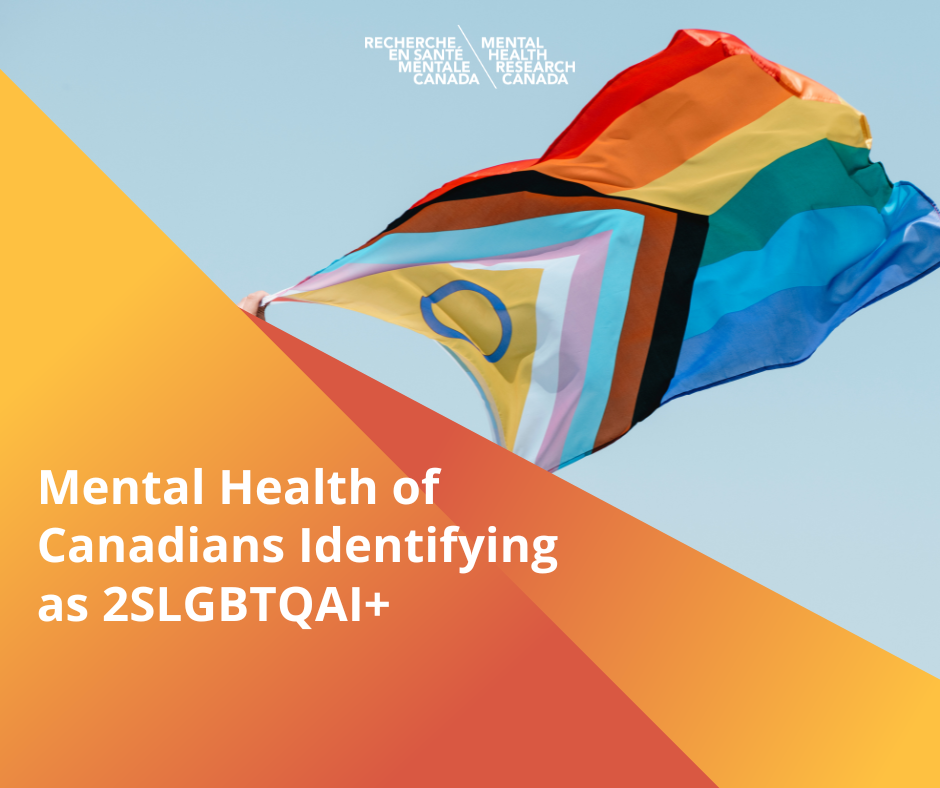The Impact of COVID-19 on the Mental Health of Canada's LGBTQ2S+ Community
Through deeper analysis of the data collected throughout our national polling series, it is becoming more and more evident that Canadians with certain demographic markers, including sexual orientation and gender identity, are being disproportionately affected. This research brief analyzes the negative impacts of COVID-19 on self-rated levels of anxiety and depression among Canadians who identify as belonging to the LGBTQ2S+ community.
Respondents who identify as LGBTQ2S+ have experienced higher self-rated levels of anxiety and depression both prior to the onset of COVID-19 and throughout the pandemic, with post-COVID-19 levels of both high anxiety and depression having increased significantly and at a disproportionate rate compared to the national average.
Key Findings:
Nearly half (49%) of younger Canadians (aged 18-34) who identify as LGBTQ2S+ report experiencing high self-rated levels of anxiety since the onset of the pandemic; this is considerably higher than Canadians in the same age group who do not identify as LGBTQ2S+ (30%).
While the self-rated levels of depression in Canadians who do not identify as LGBTQ2S+ have increased slightly more than those who do (8% to 20% vs. 15% to 31%), the percentages of those in the LGBTQ2S+ community who self-rate their levels of depression as high are substantially higher both pre- and post-COVID-19.
61% of the LGBTQ2S+ community in Canada found that social isolation, as mandated by provincial governments as a COVID-19 public health measure, was having a ‘Somewhat Negative’ or ‘Very Negative’ impact on their mental health, in comparison to 48% of non-LGBTQ2S+ identifying respondents.
20% of LGBTQ2S+- identifying young Canadians have thought about suicide in the past three months, in comparison to 6% of non-identifying Canadians of the same age group.

